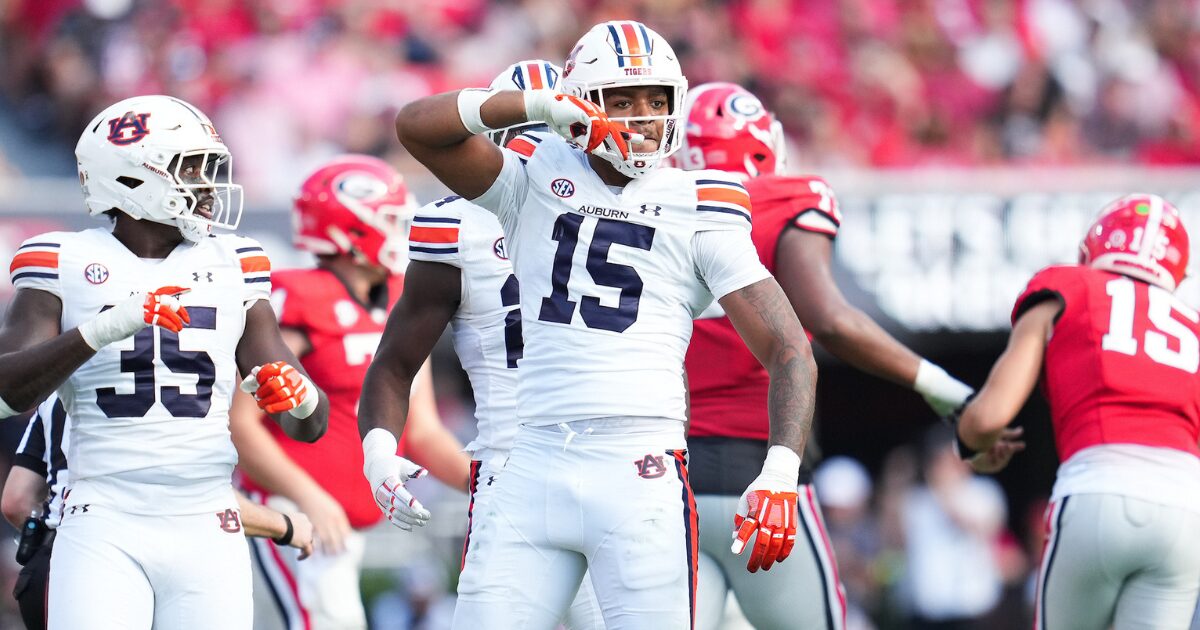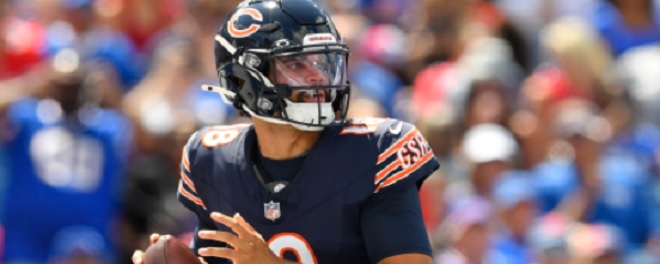Since the Supreme Court overturned the Professional and Amateur Sports Protection Act (PASPA) in 2018, the landscape of sports betting in the United States has transformed dramatically.
What was once restricted to Nevada is now a multibillion dollar industry operating across much of the country.
NFL fans can legally wager on games in most U.S. states but the details of where, how and on which platforms vary widely.
Legal Sports Betting
When PASPA was repealed each state gained the authority to decide for itself whether to allow sports betting. That decision triggered a nationwide wave of legalization. As of now, over 35 states and the District of Columbia have legal sports betting in some form.
The difference between states lies in how they regulate betting. Some have fully embraced online and mobile wagering, allowing fans to bet on NFL games from anywhere within state lines. Others restrict betting to in-person sportsbooks located at physical locations. A few states still prohibit it altogether or are in the process of passing enabling legislation.
Online vs Traditional Betting
Online betting is the more convenient option for most fans. Licensed operators offer apps and websites where you place bets directly from your phone or computer. These platforms use geolocation technology to ensure you’re physically inside a state that allows mobile betting.
Traditional – or retail betting – requires visiting a licensed physical location. You typically find these in casinos, racetracks or sportsbook lounges inside stadiums. Many states that first launched retail only betting have since added mobile access, realizing that online wagering drives the majority of total handle.
The key takeaway is that not all legal states offer both. Some only permit in-person wagering while others have full online access. Always check your state’s regulations to see which type of betting is available where you live.
What About Your State
Before placing your first wager it’s important to confirm whether NFL betting is legal in your state and what the rules require.
Most states that permit betting also set a minimum age, usually 21, though a few allow wagering at 18. You’ll also need to register with a licensed sportsbook that operates legally in your jurisdiction. This ensures your bets are protected by state regulations and that your winnings are secure.
Keep in mind that even if an operator’s brand is well known nationwide, it must be licensed in your state to legally take your bets. If your state doesn’t yet allow sports betting, you cannot legally place wagers through out-of-state or offshore websites. Those platforms are not regulated in the U.S. and carry risks, such as lack of consumer protections or unreliable payouts.
NFL Betting Sites
For those in legal states, online NFL sportsbooks are where most fans turn. These platforms offer a full range of betting options.
Licensed operators must meet strict standards for security and responsible gaming. They’re also required to verify users’ ages and locations before accepting bets. The competition between legal sportsbooks has created a highly user-friendly experience, with apps offering sign-up bonuses, odds boosts and easy navigation through weekly NFL games.
The NFL itself has embraced the new era. Once a staunch opponent of legal sports wagering, the league now partners with major sportsbooks for official data distribution and sponsorships. These partnerships ensure integrity and transparency in how betting information is shared and monitored.
States Leading the Way
New Jersey, for example, was at the forefront of the legal battle that led to PASPA’s repeal and now consistently ranks among the top states by total handle. Nevada remains a traditional powerhouse, thanks to its long history with sportsbooks in Las Vegas.
Other major markets include Pennsylvania, Illinois, Michigan, and New York. They’ve achieved market leadership by allowing full mobile betting. Emerging markets such as North Carolina and Massachusetts have also launched recently and are demonstrating quick growth.
A few large states, including Texas and California are still to legalise sports betting, although ongoing legislative efforts suggest eventual change.
Why Legality Matters To You
Legalization is about protection and transparency. When bettors use licensed sportsbooks they are safeguarding themselves, something illegal or offshore don’t do. Regulated sportsbooks must protect user data, pay winnings and adhere to responsible gaming guidelines.
States benefit from the tax revenue generated by sports wagering. Legal betting also helps ensure the integrity of sports, with real-time monitoring systems designed to detect suspicious activity and protect both the games and the fans.




